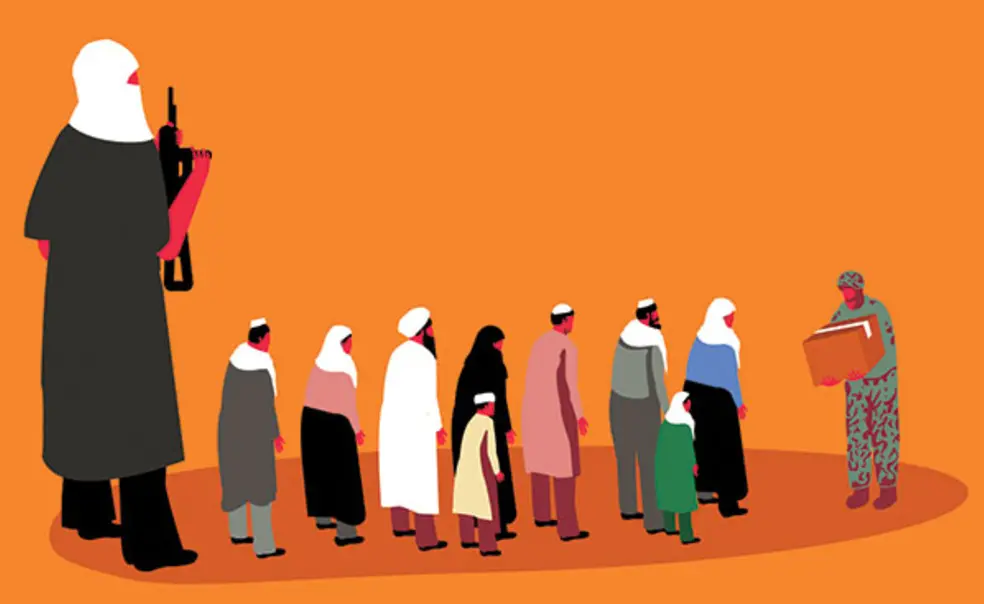Since the Vietnam War, American military forces have responded to insurgencies by trying to win the “hearts and minds” of the population. By providing aid such as food, education, cash, jobs, and building projects, the thought goes, the military can win over civilians, who will then withdraw support from militants, causing attacks to decrease. In research on the Taliban in Afghanistan, however, politics professor Kosuke Imai and several colleagues found exactly the opposite — that providing aid and winning over “hearts and minds” led to an increase in attacks.
In a conventional war, the enemy is the soldier on the other side of the battlefield. In an insurgency, such as those the United States and its allies have been fighting in Iraq and Afghanistan, however, it’s not so easy to tell. “Insurgents are part of the local population, so it’s very difficult to distinguish between who is fighting against you and who is a civilian,” says Imai.

“The Taliban are very aware of what is going on with the population and employ more violence where they are losing support in order to intimidate people,” he says. “Creating a lot of visible building projects actually may provide targets.” The findings have profound implications for how aid can be effectively delivered in a war zone to help sway “hearts and minds” without putting a target on people’s backs.
In 2011, Imai and Yale political science professor Jason Lyall surveyed 2,754 Afghans in 204 villages to gauge how the progress of the war was affecting local opinion. Lyall worked with a local survey firm to conduct interviews, while Imai, who directs the certificate program in statistics and machine learning, crunched the numbers stateside.
Their initial findings, published in American Political Science Review in 2013, suggested that the Taliban had a significant “home field” advantage. When the Taliban committed attacks that victimized civilians, they continued to receive the support of the populace. When international forces committed similar acts — for example, mistakenly bombing civilians — “their actions had much larger negative consequences, since they were seen as outsiders,” says Imai.
In a new study of the data, published in January in the Journal of Peace Research, Imai and Lyall flipped their research on its head. Rather than measuring the effects of attacks on civilian support, the researchers measured how support for NATO’s International Security Assistance Force predicted the likelihood of future attacks in the area. They found even modest changes in favor toward outsiders led to a dramatic uptick in hostilities. For example, when residents of a village rose from the 50th percentile to about the 70th percentile in their support for NATO forces, they saw an average of 13 more IED attacks over a five-month period.
Those findings, says Imai, should be a warning to any military trying to pursue a “hearts and minds” campaign. “If you are going to try to win the locals’ support, then there must be a much tighter coordination between aid organizations and the military,” says Imai. Aid programs can’t just provide goods and services and then move on to the next village down the road, leaving civilians they’ve helped open to reprisals. “Everything is already tilted against outsiders coming in. So if they are going to succeed, then they need to make sure that aid programs are done with guaranteed military protection.”












1 Response
Norman Ravitch *62
8 Years AgoWe would not have the...
We would not have the problem of winning "hearts and minds" if we minded our own business and stopped trying to "help" others in other lands. At least the Monroe Doctrine confined our busybodyness to the New World. Since Woodrow Wilson, not of Blessed Memory, we have made the whole world naked to the Monroe Doctrine. This is not good for us financially, ethically, morally, militarily, or psychologically. This is madness.